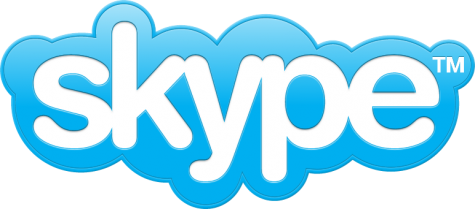
Everyone’s been talking about this story today, but I think it’s an incredible one. In what’s clearly the biggest purchase or acquisition the company has ever made, Microsoft has weighed in and purchased Skype outright for $8.5 billion. That’s a lot of dough.
Microsoft is buying Skype from Silver Lake, the investment firm which has had a majority interest in Skype for a while now, since eBay spun it off after acquiring it and not knowing what to do with it. Now, what the future has in store for Skype is anyone’s guess, but we’ll see how it all turns out for the company: it’s going to be interesting to see what Microsoft decided to do with Skype.
A lot of people have already predicted that Microsoft will simply shut Skype down and absorb its technology into its own communication and VoIP products, leaving nothing behind. According to Microsoft, they have no such plans. From PC Mag:
Microsoft said the deal will increase the accessibility of real-time video and voice communications across its products, while expanding Skype’s reach. Skype will be available on Microsoft products like Xbox, Kinect, and Windows Phone, and Microsoft will connect Skype users with Lync, Outlook, Xbox Live, and more.
Microsoft said it will continue to invest in and support Skype clients on non-Microsoft platforms.
“Skype is a phenomenal service that is loved by millions of people around the world,” Microsoft CEO Steve Ballmer said in a statement. “Together we will create the future of real-time communications so people can easily stay connected to family, friends, clients and colleagues anywhere in the world.”
When the deal is complete, Skype will be a new business division within Microsoft. Skype CEO Tony Bates will become president of the Microsoft Skype division, reporting to Ballmer.
If that’s the case, we’ll still see Skype in the future, and people will still be able to use the service. However, as one clever Twitter user put it, I wonder if they’ll make us all sign in with our old Hotmail/Live IDs that none of us remember the passwords to anymore.
